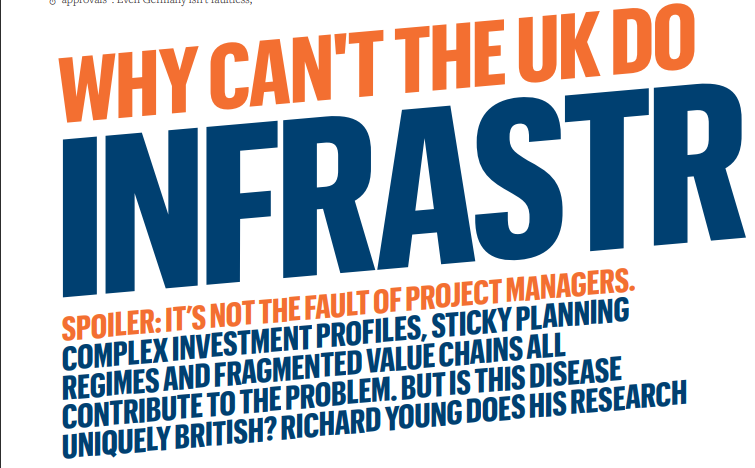
Reasons why your Project needs a Leader
Dr John C. Maxwell is known for the maxim, “Everything rises and falls on leadership.” As much as this is true for running a fast-food business or a company building a 2000-ton railway bridge, it is also true for projects. Projects succeed or fail due to leadership .
By nature, some projects are complex, high-risk endeavours involving multiple stakeholders, significant investments, and long timeframes. The success of such projects relies on so many things but key amongst those is effective leadership. Leadership to guide the working team from start to finish. This explains why, asides from shopping for funds for your project, hiring a competent leadership team is the most important step to project success.
Have you ever wondered how leadership influences project outcomes? Below I outline three important ways:
1. Visionary Leadership Sets the Direction
Projects are a battlefield of interests. With multiple stakeholders jockeying for their best interests, it is easy to see why most projects derail. Projects require a visionary leader to establish a clear direction and align the various stakeholders towards achieving a shared goal.
The most effective leaders create a compelling vision of the project’s benefits and communicate it to all stakeholders. When stakeholders can see themselves in the game plan, they are inspired to commit to the project’s success. This game plan considers the risks and challenges associated with the project and develops a strategic route to overcome them. Project leaders can engender deep cohesion and collaboration among team members by providing a clear roadmap and direction.
2. Strong Project Governance Ensures Accountability
Effective governance is vital to project success. Project governance entails the framework of policies, procedures and processes to keep a project on track. It defines clear roles and responsibilities, decision-making structures, communication channels and guarantees compliance with standards.
It is the project leader’s prerogative to create this accountability structure. Strong governance also mitigates risks. Potential threats can be identified early and addressed before they escalate.
3. Project Leadership Promotes Teamwork and Innovation
Projects are not a one-man show. They survive on the input of multiple experts and stakeholders with diverse skill sets, experiences and perspectives. An effective project leader nurtures a culture of teamwork and innovation by encouraging the project team to share ideas and work together to address complex challenges. They do this by prioritising stakeholder engagement and communication. This creates opportunities for stakeholders to provide timely input and feedback throughout the project’s lifecycle.
In conclusion a visionary leader will aim to provide direction and inspire commitment from all stakeholders, while strong governance ensures accountability and effective risk management. A collaborative leader promotes teamwork and stakeholder engagement through timely communication. This way, project leadership determines success and failure.






